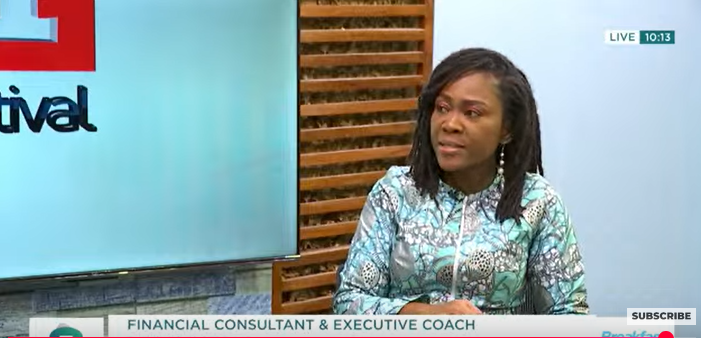Financial Consultant and Executive Coach Doris Ahiati has highlighted the urgent need to cultivate a national savings culture as a critical pillar for Ghana’s long-term economic development.
Speaking during Savings 101 on the Citi Business Festival on Citi FM, Ahiati linked Ghana’s low savings rate to a widespread tendency toward high consumption—an issue that, she noted, hampers both personal and national financial progress.
“In Ghana, research shows we have a low savings habit, meaning we have a very high propensity to consume,” she stated.
She explained that adopting even small savings habits could gradually shift mindsets and build a stronger financial foundation.
“That is where the habit of saving comes in—because you will have at the back of your head that even if you earn a Cedi, you must put aside a pesewa for savings.”
Ahiati stressed that if individuals and institutions embraced consistent savings practices, Ghana’s dependence on external financial support, such as Eurobond borrowing, could be reduced.
“If we have that habit as a country, it will reduce our chances of going to the Eurobond Market, or other nations, for us to support the growth of the country. If you want to grow as an individual, a company, or an economy, you need to start a savings habit,” she added.
Delving into the psychology of habit formation, Ahiati noted that developing a savings culture requires consistency and deliberate effort.
“Science and psychology show that when you do something repeatedly for at least 21 days, there are neural pathways that begin to form. So when you wake up and haven’t done what you’ve been doing consistently, you will feel that something is missing,” she said.
She added that human behavior is driven by habit, making it challenging—but not impossible—to adopt new financial disciplines.
“At the beginning, when you have to break away from something you have been doing—which is not saving—you have to replace it with something else. That will mean you have to be intentional,” she said.
Ahiati concluded that building a national culture of saving begins with individuals making conscious, daily choices to prioritise financial responsibility.
